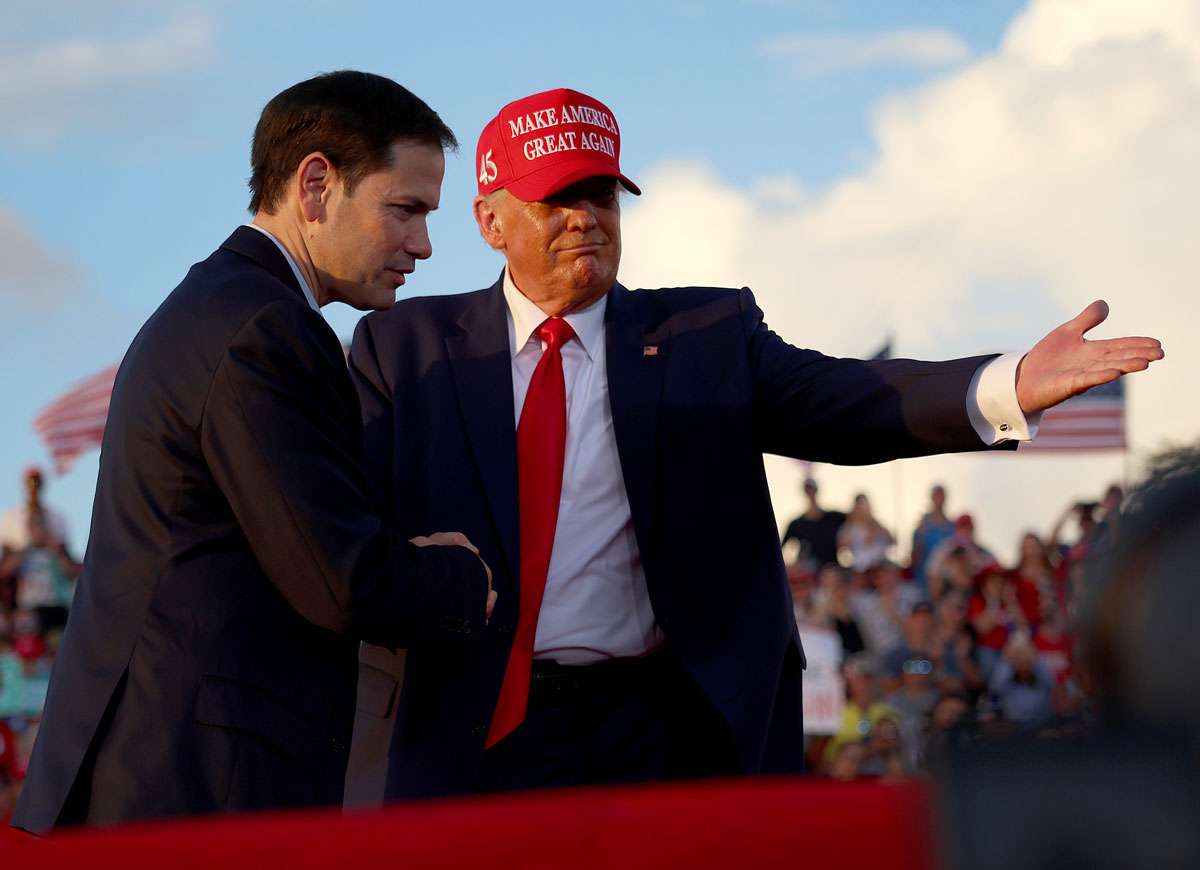DeChambeau’s Olympic Snub Highlights Flaws In Qualification Process
Bryson DeChambeau, the reigning U.S. Open champion, will not be representing the United States at the 2024 Paris Olympics, an omission that underscores significant flaws in the current Olympic Golf Rankings system.
Despite an impressive year marked by a T6 at the Masters, a second-place finish at the PGA Championship, and a victory at Pinehurst No. 2 DeChambeau’s affiliation with LIV Golf, a circuit that doesn’t award Official World Golf Rankings (OWGR) points, has left him ineligible for the Olympics.
The Olympic Golf Rankings, which mirror the OWGR with slight modifications, determine the top 15 eligible players while limiting each nation to a maximum of four players.
This structure ensures that even if DeChambeau is the 10th best golfer globally, he falls behind five other American golfers due to the OWGR’s exclusion of LIV Golf participants. Team USA will field Scottie Scheffler (No. 1), Xander Schauffele (No. 3), Wyndham Clark (No. 5) and Collin Morikawa (No. 7).
Subscribe to our free weekly newsletter!
A week of sports news in your in-box.
We find the sports news you need to know, so you don't have to.
DeChambeau’s exclusion highlights the inherent bias against LIV Golf players in international competitions. The OWGR’s refusal to recognize LIV events creates an uneven playing field, penalizing golfers who choose to compete outside the traditional PGA Tour ecosystem.
The United States isn’t the only nation grappling with dramatic roster changes post-U.S. Open. Canada’s lineup remained uncertain until Corey Conners clinched the final spot, joining Nick Taylor for the Paris games.
Meanwhile, other countries like Ireland and Spain saw their rosters finalized, with Rory McIlroy and Shane Lowry set to represent Ireland, Jon Rahm and fellow LIV Golf member David Puig representing Spain.
The qualification controversy is not limited to the United States, golfers from Japan, Sweden and Norway, such as Hideki Matsuyama, Ludvig Åberg, and Viktor Hovland, are also slated to compete in the 60-man field.
The restrictive nature of the Olympic selection process, compounded by the OWGR’s exclusionary policies, raises questions about the fairness and inclusivity of the qualification criteria.
The exclusion of a player of DeChambeau’s caliber from the Olympics serves as a poignant reminder that the system needs reevaluation. The current qualification process fails to accommodate the evolving landscape of professional golf, where multiple tours and formats exist.
For the sport to maintain its integrity and global appeal, governing bodies must recognize and adapt to these changes, ensuring that all top performers have an equal opportunity to compete on the world stage.
Get the most-revealing celebrity conversations with the uInterview podcast!






Leave a comment